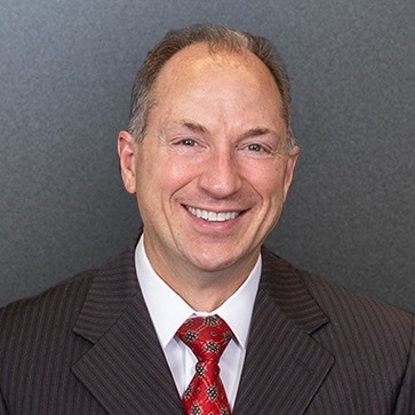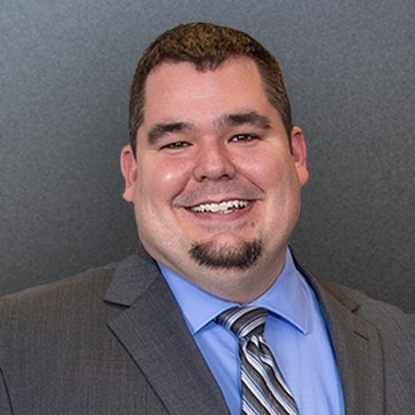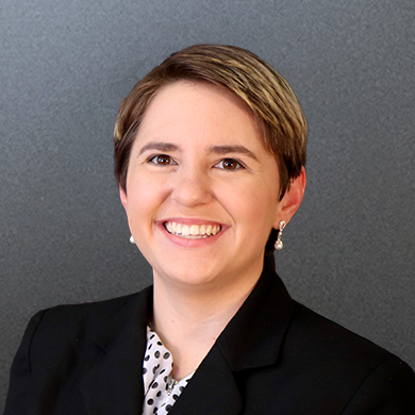
Dayton Estate Planning Lawyer
Helping Clients Throughout Central Ohio and Miami Valley Protect Their Assets
Have You Protected Your Assets? What Will Happen to Your Wealth and Your Family when You Die?
If you don’t have a good answer to these questions, then it is time you do.
As a Board Certified Specialist by the Ohio State Bar Association in estate planning, trusts, and probate law, we proudly serve clients throughout the Miami Valley, including Dayton and its surrounding communities such as Springfield and Fairborn, while also providing our services to Central Ohio, including the Delaware area. Many people don’t know what an estate is or think it is something with which they need not be concerned. We are here to tell you that an estate plan is for everyone—and that means you.
Your estate is the total property that you own, both real and personal. Real property refers to real estate, and personal property refers to everything else—cars, family heirlooms, and bank accounts, to name a few.
Whether or not you have real property, we all have personal property. We all like to take care of these things. One day, however, we will not be here to do so, and we will have to pass on that responsibility.
This is why everyone needs estate planning.



Our Services
Preserving What Matters Most


Meet Our Attorneys
Experienced Legal Advocates Dedicated to You
Good Estate Planning Includes Nursing Home Planning
If a parent or a loved one is facing a temporary or a long-term nursing home stay in Tipp City, Dayton, or the surrounding areas, your health care decisions are critical. Nursing homes can quickly drain entire life savings if you do not plan carefully. Knowing the answers to the following questions, among others, can mean the difference between preserving your family’s wealth and losing it all:
- What is the difference between Medicare and Medicaid?
- How do you qualify for Medicaid when Medicare benefits end?
- Do I need to set up a “Medicaid trust”?
- Will my parents’ assets be used to pay for nursing home costs?
- Should I gift or will I be penalized for gifting?
You can find the answers to these questions and more in our articles:
-
Personalized Planning for Every Family
We craft estate plans that reflect your unique needs, ensuring your wishes are honored and your loved ones cared for.
-
Clear Guidance Through Complex Decisions
We make estate planning and probate understandable, helping you navigate each step with confidence and clarity.
-
Building Legacies Across Generations
We help families protect their assets and plan for the future, offering practical solutions that stand the test of time.
-
Compassionate Support During Life’s Transitions
Our team provides thoughtful solutions in a welcoming environment, addressing sensitive matters with care.
Good Estate Planning Is Multi-Faceted
It’s hard to know what is necessary and what is not for your situation. You may be young and wanting to get an early start on your future planning. You may have kids to whom you wish to leave all your wealth and possessions. You may have high value assets that need particular care. Regardless of your situation, an experienced and trusted estate planning lawyer can help you to tailor your estate plan to your specific needs and answer the following questions:
- Do I need a will or a trust?
- What is a living trust and is it something for me?
- Do I need a financial affairs power of attorney? A health care power of attorney?
- Do I need a living will?
- What is the probate process in Ohio and how can I avoid it?
- Are you facing high federal estate taxes? If you have a high net worth, you may need a family limited partnership or an Irrevocable Life Insurance Trust (ILIT).
- Do you share ownership of a business in Ohio? If so, a buy-sell agreement may be necessary.
Take a look at our informative videos to learn a bit more about us. There you will find the answers to these questions and many more. If you need the help of an experienced estates and trusts attorney, please, do not hesitate to reach out to us.
The Experience You Need
Whether you are planning for yourself, a spouse, or a parent in the Miami Valley or Central Ohio, the experienced estate planning lawyers at Lovett & House Co., LPA will sit down with you and help you figure out what is best for your situation. We will guide you through every step of the process, answer all your questions to the best of our ability, and maybe, if we are lucky, listen to a story or two that you have to tell along the way.
If the Wright brothers had let fears of dying control them, they never would have taken us to the sky. Don’t let your fears of death control your life. Plan for it, plan for the future, and then sit back, relax, and enjoy the show with the comfort of knowing that you and your affairs will be taken care of when the time comes to say goodbye.
So please, get in touch. We are eager to hear from you and to help answer the questions that are worrying you. While important, these things should not be a source of concern. Let us take care of them and get them off of your worry list, so that you can move forward with the joys of life.
-
"The Best Customer Service"George and his crew provide the best in customer service and have an outstanding work ethic. They have always been there to help us when needed!- Mark S.
-
"He Made It Easy"Bill was very friendly, knowledgeable, and kind. He made Estate Planning fun, fast and easy. We both feel relief to know our wishes are spelled out and our assets are protected!- Sherry C.
-
"Peace of Mind"He explained each step 100 percent. He takes the time to talk WITH you, not TO you. I am so thankful I went to his seminar and took advantage of the free consultation.- Rosa S.
-
"Made It Easy to Understand"George Lovett made our estate planning easy to understand and informative. He used our personal information to create a plan that was tailor-made to us.- Pamela O.
-
"Expertise & Attentiveness"We were very pleased with the service, expertise, and attentiveness we received. We are glad that we choose Lovett & House for this.- Pat D.
-
"A Pleasure to Work With"George Lovett has helped my family tremendously. He always explained our options and took care of us with the utmost professionalism.- Marlene W.
-
"Easy to Understand"They made it easy to update our estate planning needs. All our questions were answered in easy to understand language and we didn't feel overwhelmed.- Rita S.
-
"Very Helpful"he Estate Trust planning was easy to do with the Lovett & House. George H. Lovett and William H. House were very knowledgeable and helpful.- Judith A.














